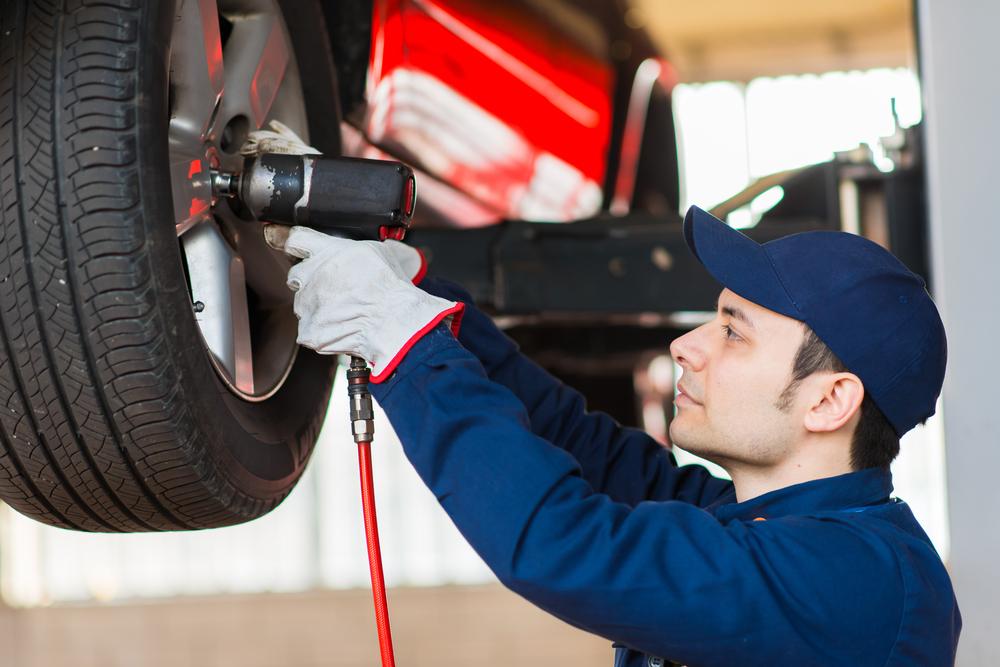Comprehensive Guide to Selecting the Right SUV Tires for Optimal Performance and Safety
This comprehensive guide covers essential aspects of SUV tires, including key features, maintenance tips, and advice for selecting the best tires for various terrains. Learn how to improve safety, performance, and longevity of your SUV tires through informed choices and proper upkeep.

Comprehensive Guide to Selecting the Right SUV Tires for Optimal Performance and Safety
When it comes to driving an SUV, choosing the appropriate tires is a critical decision that directly impacts your vehicle's safety, handling, comfort, and fuel efficiency. The vast array of options available can seem overwhelming, but understanding the essential aspects of SUV tires can help you make an informed choice that suits your driving needs and terrain preferences. This detailed guide explores everything you need to know about SUV tires, from their unique features and key specifications to maintenance tips and how to select the best tires for various conditions.
Investing in high-quality SUV tires is vital over opting for cheaper alternatives, despite the temptation of budget-friendly options. Premium tires not only promise better durability but also offer superior road grip, enhanced performance, and longer lifespan. The key features to evaluate include load capacity — which determines how much weight your tires can safely bear — tread pattern longevity, and low rolling resistance, which plays a significant role in improving fuel economy. Ensuring all four tires are of the same size and match in specifications when replacing them maintains balanced handling and consistent performance, essential for safe driving.
Unlike standard car tires, SUV tires are built to withstand the additional weight and diverse terrains that these vehicles often encounter. They come equipped with aggressive tread patterns designed for off-road adventures, taller sidewalls to absorb shocks, and durable rubber compounds to provide optimal traction and stability even on rugged or slippery surfaces. These features contribute to handling performance, safety, and comfort whether you're navigating city streets, highways, muddy trails, or snowy paths.
Because SUVs tend to be heavier than regular sedans and frequently feature either front-wheel drive or all-wheel-drive configurations, their tires are engineered accordingly. Reinforced sidewalls enhance cornering stability and resist punctures, while knobbier tread patterns improve grip on loose or uneven terrains. It is crucial to select tires that are specifically designed for your vehicle's drive type and typical usage scenarios for maximized performance.
Proper maintenance and timely replacement of SUV tires not only prolong their lifespan but also improve safety during driving. Regularly inspecting tire pressure, checking tread depth, and ensuring proper wheel alignment contribute significantly to tire health. When replacing tires, always prioritize matching sizes and specifications to maintain balanced handling, especially for vehicles with AWD systems. Consider consulting a professional for expert advice on choosing the best tires suited to your vehicle model and driving habits.
Whether you're an off-road enthusiast, a daily commuter, or someone who frequently ventures into various terrains, understanding the essentials of SUV tires empowers you to make smarter choices. Investing in quality and adhering to best maintenance practices ensures your SUV remains reliable, efficient, and safe on all your journeys. From selecting the right tread pattern and rubber composition to understanding load ratings, this comprehensive overview equips you with the knowledge necessary to enhance your driving experience and extend the lifespan of your vehicle’s tires.





